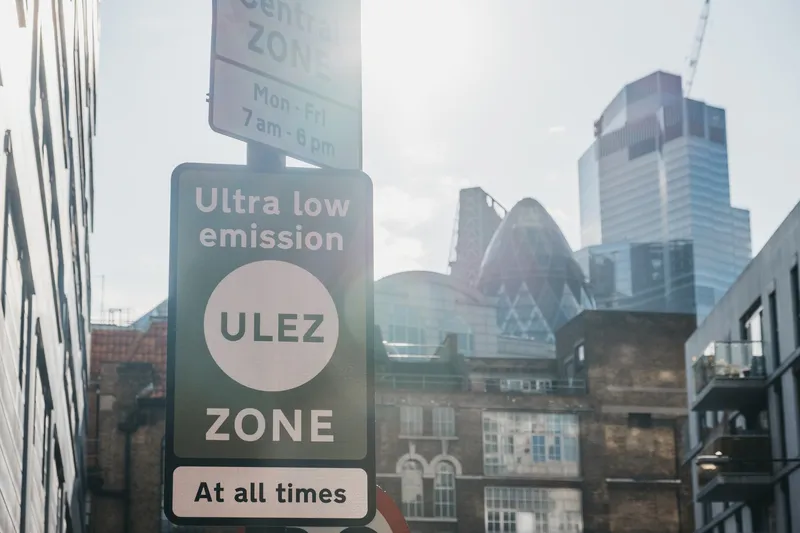Transport for London (TfL) has introduced what is said to be the world’s first zero-emission, long-range, all-electric BYD double-decker buses into service on a route operated by bus operator Metroline.
Electric vehicle manufacturer BYD will fast charging equipment at Metroline’s Willesden bus garage in north London and provide driver training for the bus operators. BYD designed and developed the 33 foot long vehicles to TfL specifications, feature air conditioning, seats for 54 passengers and space for
March 21, 2016
Read time: 2 mins
Electric vehicle manufacturer BYD will fast charging equipment at Metroline’s Willesden bus garage in north London and provide driver training for the bus operators. BYD designed and developed the 33 foot long vehicles to TfL specifications, feature air conditioning, seats for 54 passengers and space for 27 standing passengers.
The buses are equipped with BYD-designed and built iron-phosphate batteries, delivering 345 kWh of power that come with 12 year battery warranty. The batteries can power the bus for over 24 hours and up to 190 miles of typical urban driving on the service routes with a single daily recharging requiring only four hours. TfL plans to charge the buses overnight using low-cost, off-peak electricity to provide additional cost savings.
“It’s a very exciting moment that this is happening here,” said London’s Deputy Mayor of Environment and Energy, Matthew Pencharz. “The running costs are much lower and some of the maintenance and operations costs are much lower on the buses. Also, these buses are zero-emission, zero-tailpipe-pollution and that is a huge benefit for Londoners.”









